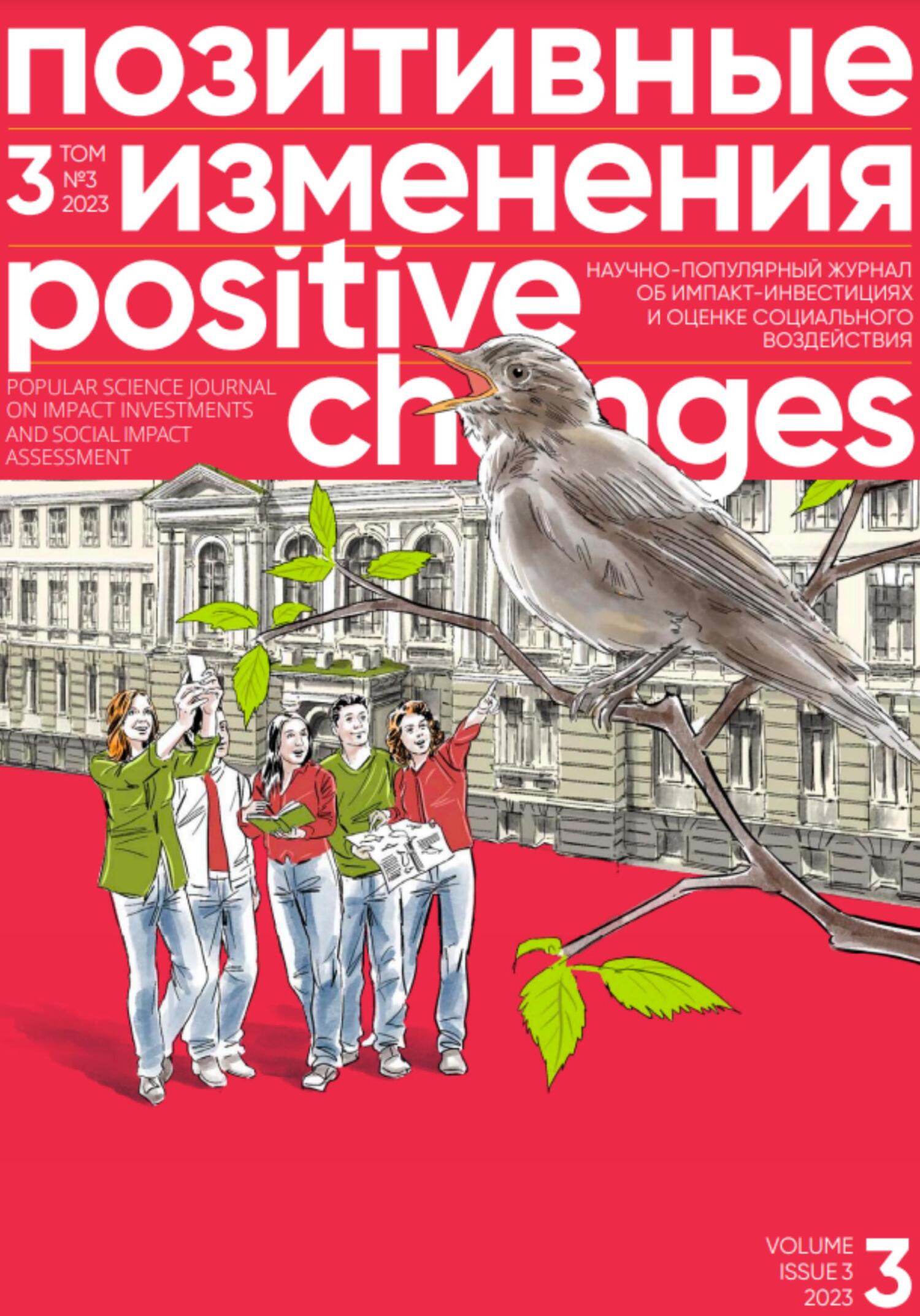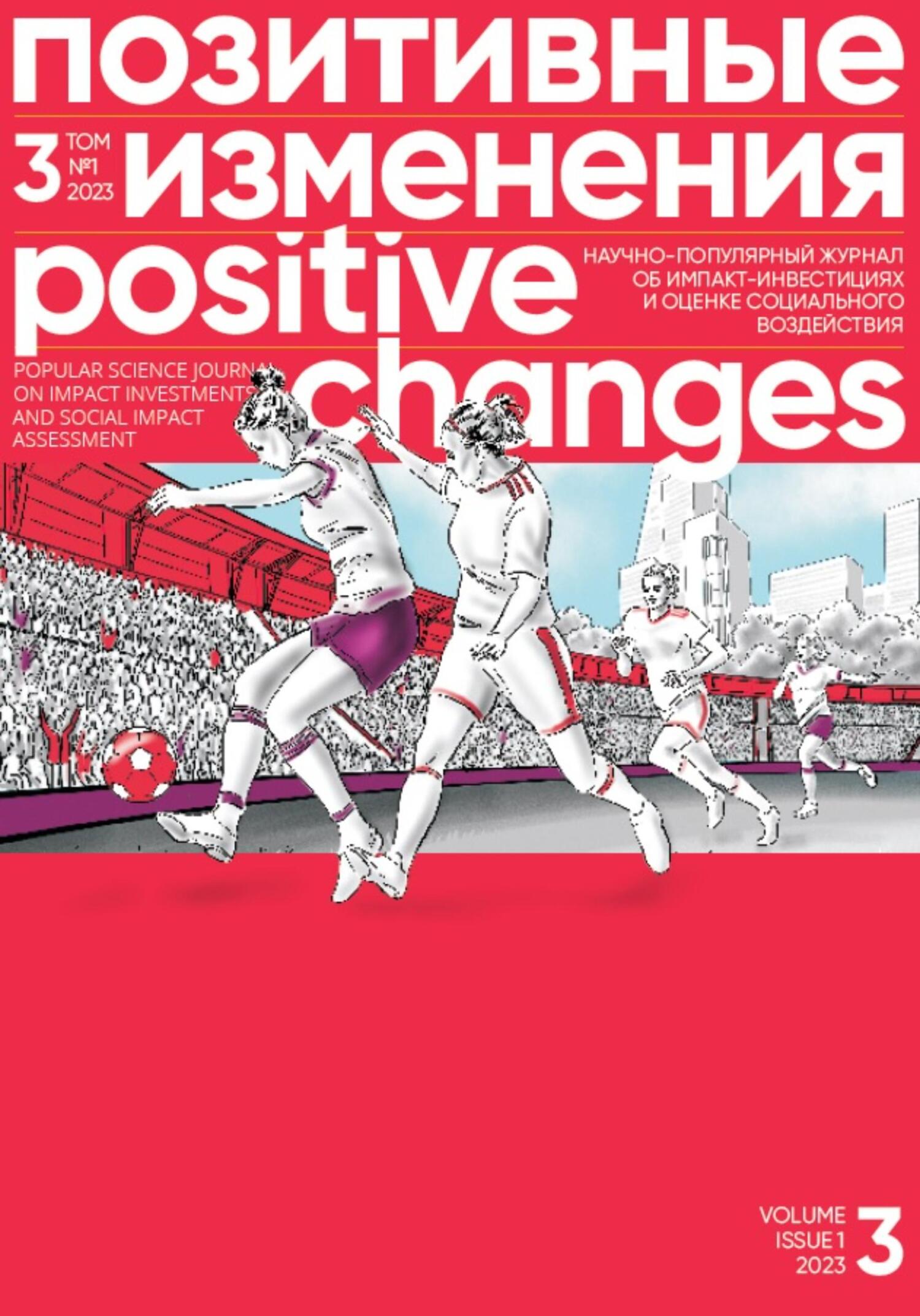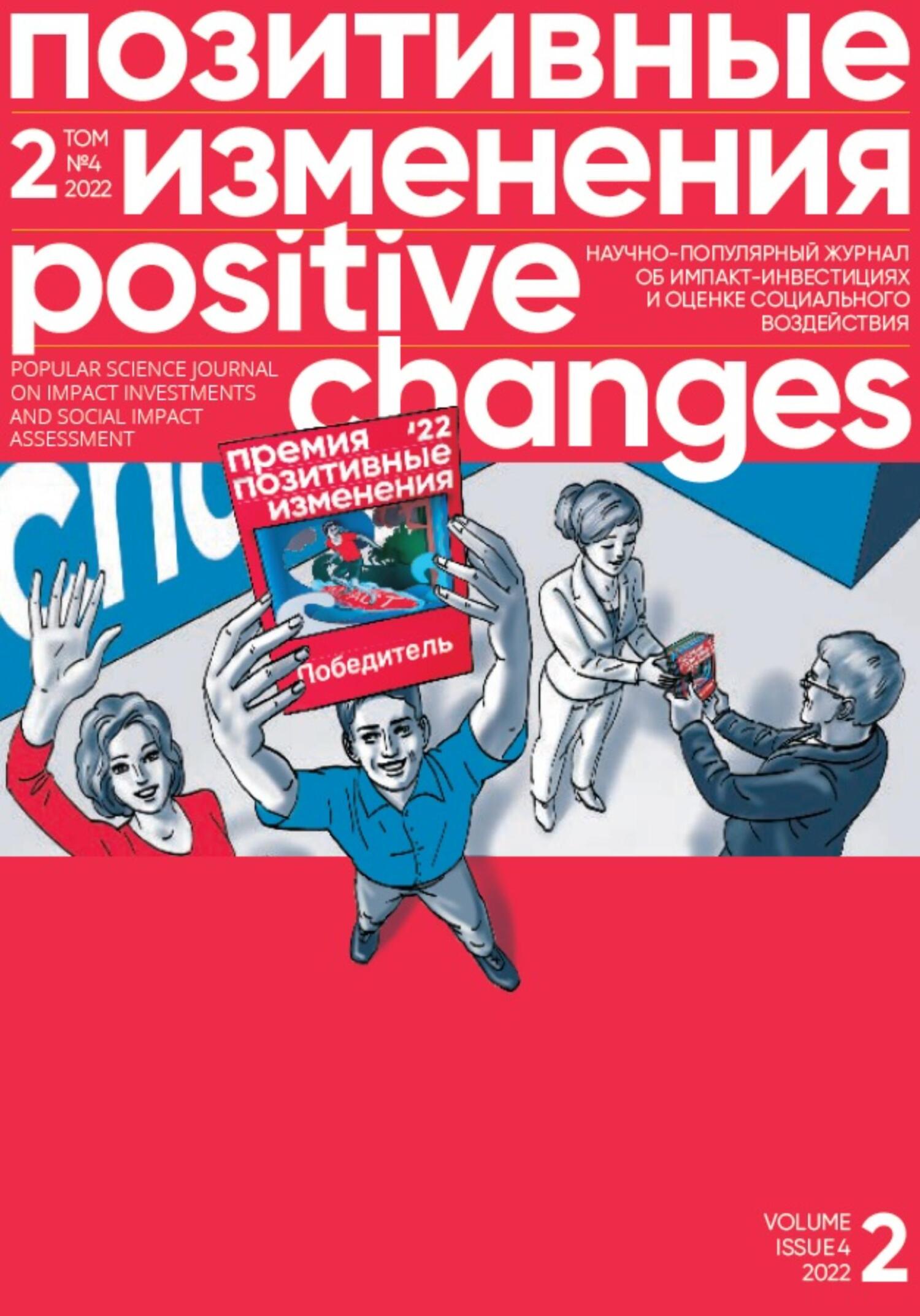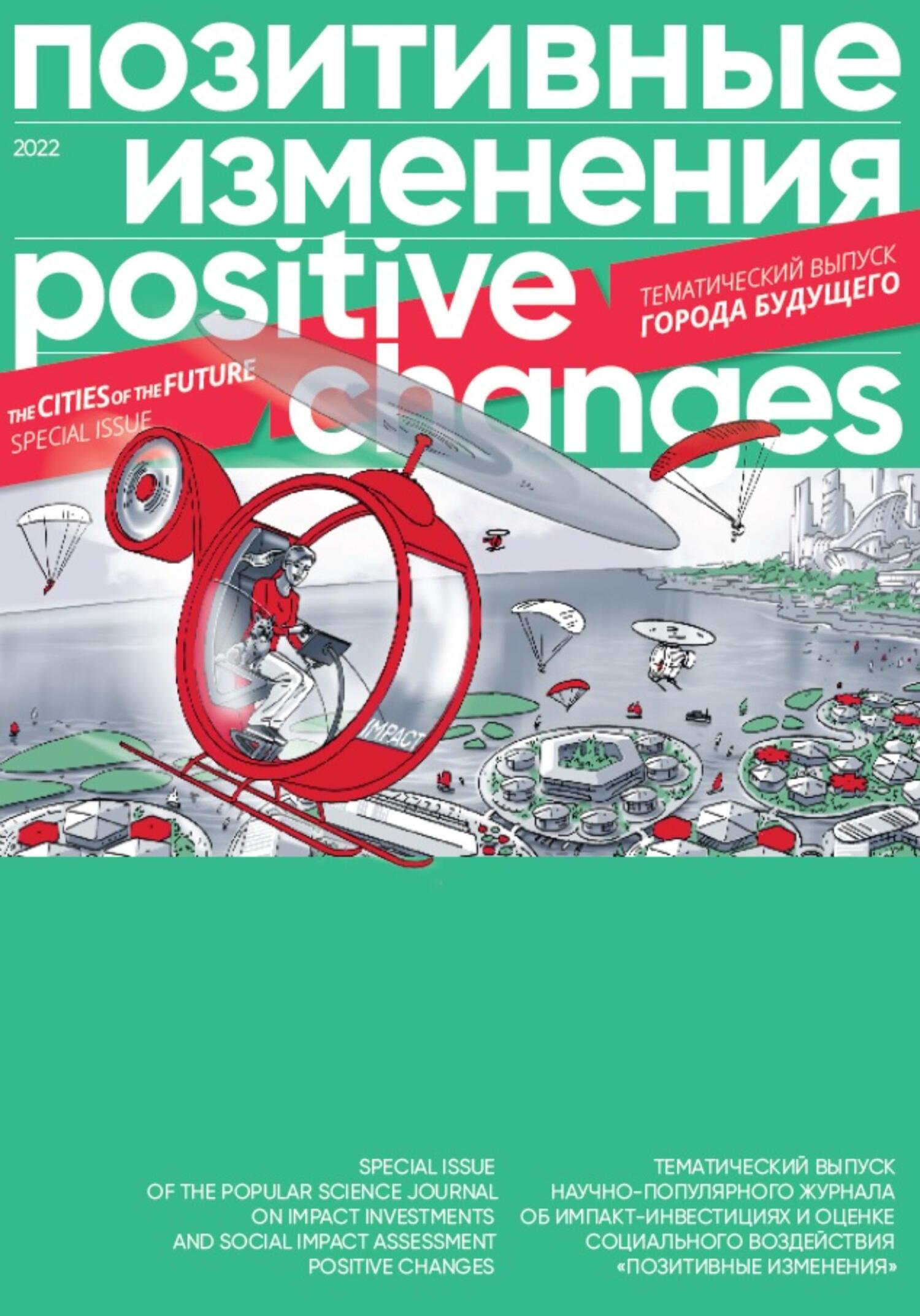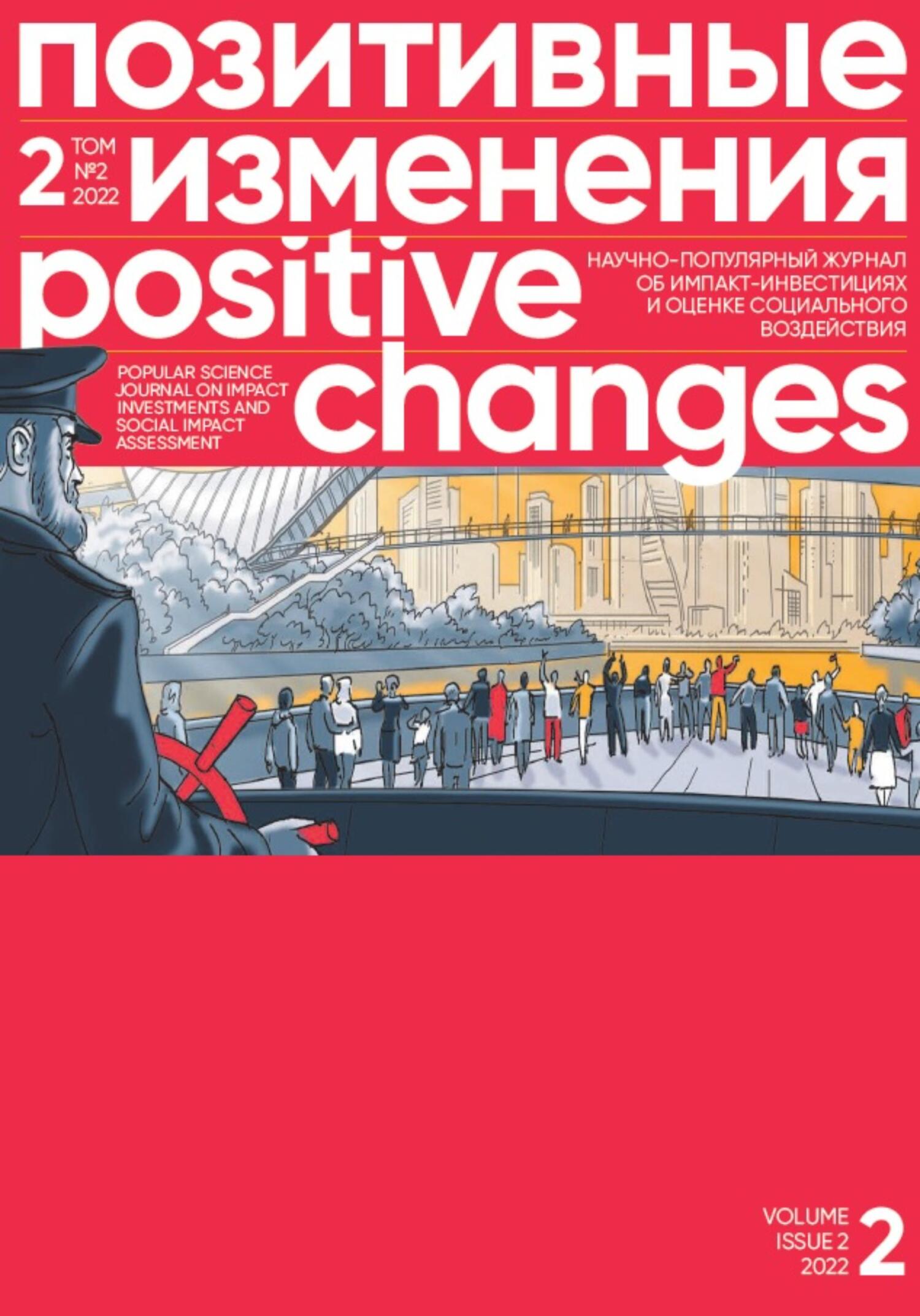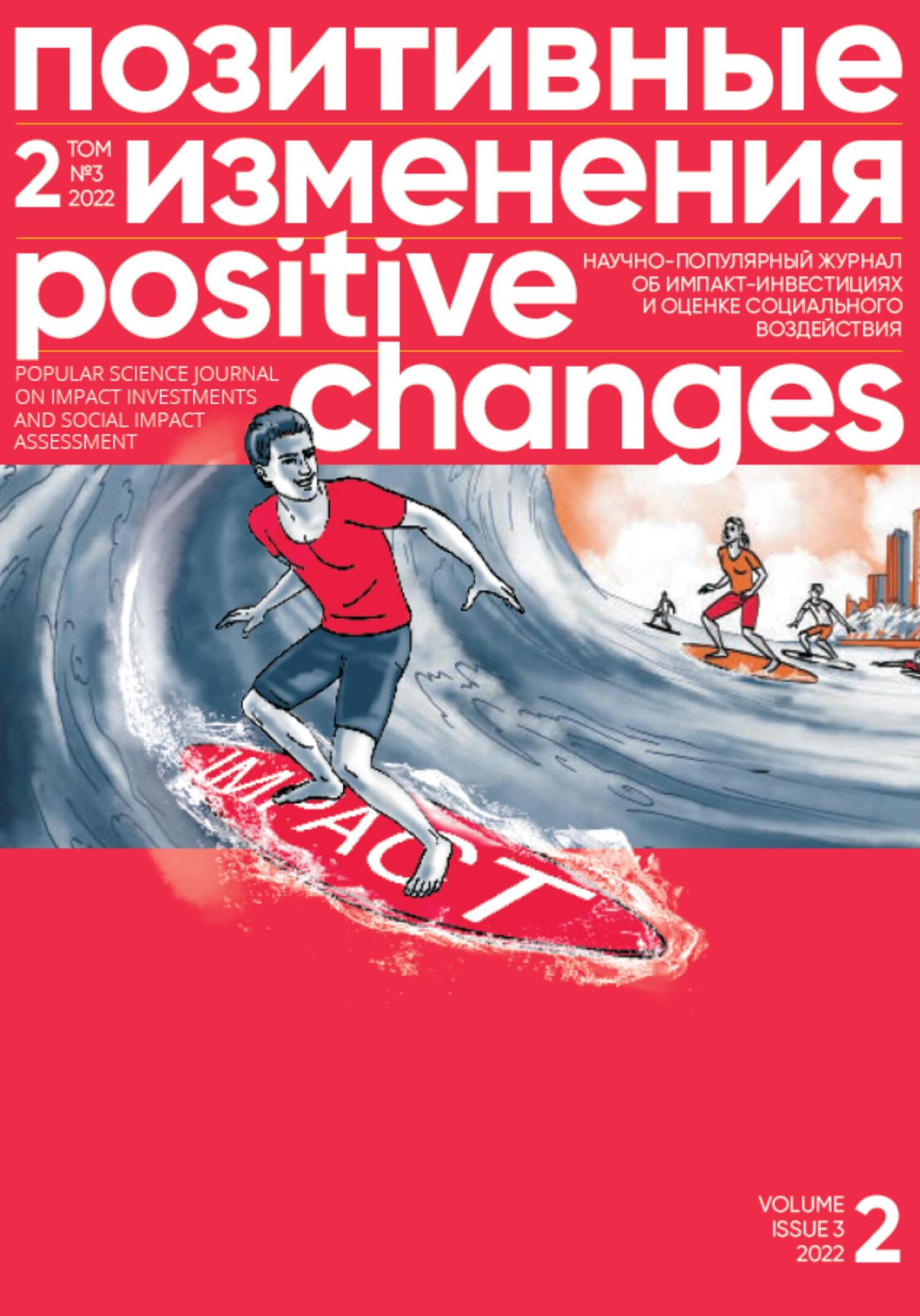Justice of Russia and the Yaroslavl Region Department of Public Relations, were experiencing a systemic shortage of personnel familiar with the NGO activities.
In addition to traditional training sessions, the course included internships based on collaboration with various organizations. Cooperation agreements were signed with the Public Chamber of the Yaroslavl Region, the Commissioner for Human Rights and the Commissioner for Children’s Rights in the Yaroslavl Region, the Yaroslavl Regional Branch of the Russian Lawyers Association and other organizations. During their studies, students visited organizations ready to accept future lawyers for internships, and communicated with professionals from the civil sector. More than 30 students completed internships in the office of the Yaroslavl Region Commissioner for Human Rights, while more than 20 students underwent internships at the Resource Center for Non-Profit Organizations of the Yaroslavl Region. This course opens up novel avenues for young individuals to put their newly acquired knowledge to practice and substantially broadens their understanding of potential career opportunities.
FINDING OWN WAYS: SUPPORTING PRIVATE UNIVERSITY INITIATIVES
Each university seeks and finds its own ways, opportunities and resources to fulfilling the third mission, and the Vladimir Potanin Foundation can present many interesting examples of supporting universities in implementing socially responsible initiatives — not only through individual scholarships, but also through project grants.
One such example is the Granite of Science project at Tomsk State University. Its goal is to create a new cultural environment in Siberia. The space brings together education and creativity, communications and new technologies, charity and volunteering. The project team conducts activities in three areas. At the “Science Slam TSU” battle, academics popularize science to a wide audience through the prism of their own experience and share the “behind the scenes” secrets of research work. The “Scientific Volunteering” direction allows volunteers to try their hand at real research work — collecting or processing data, conducting surveys, etc. Finally, the third direction — “Science and Art” — offers an opportunity to engage with science through artistic images, emotions, and sensations: visitors of Art & Science exhibitions acquaint themselves with the latest discoveries, achievements, technologies, and their impact on daily life.
With the support of the Vladimir Potanin Foundation, the Institute of Social and Economic Design of the National Research University Higher School of Economics (ISEP HSE) held a two-month accelerator program “The Third Mission of the University for the Development of Cities and Regions” in 2023. Eight universities were shortlisted to participate in the program: Altai State University, Volgograd State University, Murmansk Arctic State University, Petrozavodsk State University, Volga Region Academy of Education and Arts named after St. Alexis, Metropolitan of Moscow, Ural Federal University named after the first President of Russia B. N. Yeltsin, South Ural State University, P. G. Demidov Yaroslavl State University. The accelerator’s purpose is to support universities in the implementation of the third mission by expanding collaboration with non-profit organizations, municipal and regional administrations, businesses, as well as by reinforcing cross-sector intra-university partnerships.
CREATIVE SYMBIOSIS BETWEEN FOUNDATIONS AND UNIVERSITIES
The above examples from the experience and practice of the Vladimir Potanin Foundation describe only a small part of the possible areas of work within the discourse on the development of the third mission. In reality, the formats and approaches to its implementation are literally countless. The Foundation has been working on this for more than two decades, and while initially the third mission support was limited to individual student scholarships, today universities themselves are increasingly active and inventive in developing formats for social initiatives, scaling them up, making them more complex and reproducing them on their own.
Universities are therefore becoming reliable and competent partners for grant-making organizations and private foundations. Thanks to mutually beneficial cooperation between universities and nonprofits, socially important goals can be achieved with maximum efficiency.
As a result of interacting with the universities, foundations gain access to their academic potential. This enables grant providers to focus their efforts on specific areas of expertise, supporting projects and programs that contribute to addressing urgent societal challenges. In turn, universities receive support for advancing research, diversifying, and enriching the educational process. In addition, non-profit organizations help young specialists to acquire sought-after professional skills, enabling them to step into the job market after graduation while fully revealing their potential.
Together, charitable foundations and universities are capable of constructing resilient connections bridging the academic realm and society’s genuine needs. This involves translating scientific achievements into practice, impacting the quality of people’s lives, fostering technological advancements, and seeking solutions to global challenges. Thus, the collaboration between charitable foundations and universities is a creative symbiosis that advances social progress and leads to sustainable positive change in the world.
REFERENCES
1. Shek, D. T. L. & Hollister, R. M. (2017). University Social Responsibility and Quality of Life (Vol. 8). Springer Nature Singapore Pte Limited.
2. Balmasova, T. A. (2015). The University’s Third Mission in the Conditions of Modernization of Russian Education. Topical Issues of Social Sciences: Sociology, Political Science, Philosophy, History, 11(51), 36–41.
3. Balmasova, T. A. (2016). The University’s Third Mission: A New Development Vector? Higher Education in Russia, (8–9), 48–55.
4. Golovko, I. V., Zinevich, O. V. & Ruzankina, E. A. (2018). The University’s Third Mission and the Multi-User Governance Model for Regional Development.
Comparative politics. Russia, 9(1), 5–7. http://dx.doi. org/10.18611/2221–3279–2018–9–1–5–17
5. Kudryashova, E. V. & Sorokin, S. E. (2019). The “Third Mission” in the Development Programs of Russian Universities (Using the Example of Universities in the North-West Federal District). Knowledge, Understanding, Skill, (4), 78–88. https://doi.org/10.17805/zpu.2019.4.6
6. Kudryashova, E. V. & Sorokin, S. E. (2020). The Universities’ Third Mission as a Subject of Scientific Analysis. Bulletin of Vyatka State University, 136(2), 17–23. https://doi. org/10.25730/VSU.7606.20.020
7. Marhl, M. & Pausist, A. (2013). Third Mission Indicators for New Ranking Methodologies. Continuing Education: 21st century, 1. Retrieved from: http://lll21.petrsu.ru/journal/ article.php?id=1949 (Accessed: 27.07.2023). http://dx.doi. org/10.15393/j5.art.2013.1949
8. Medushevsky, N. A. (2016). Interpreting the Universities’ Third Role at the Contemporary Stage. Bulletin of the Russian State University of Humanities. Series: Political Science. History. International Relations. Foreign Regional Studies. Oriental Studies, (3), 19–31.
9. Perfilyeva O. V. (2011). University and the
